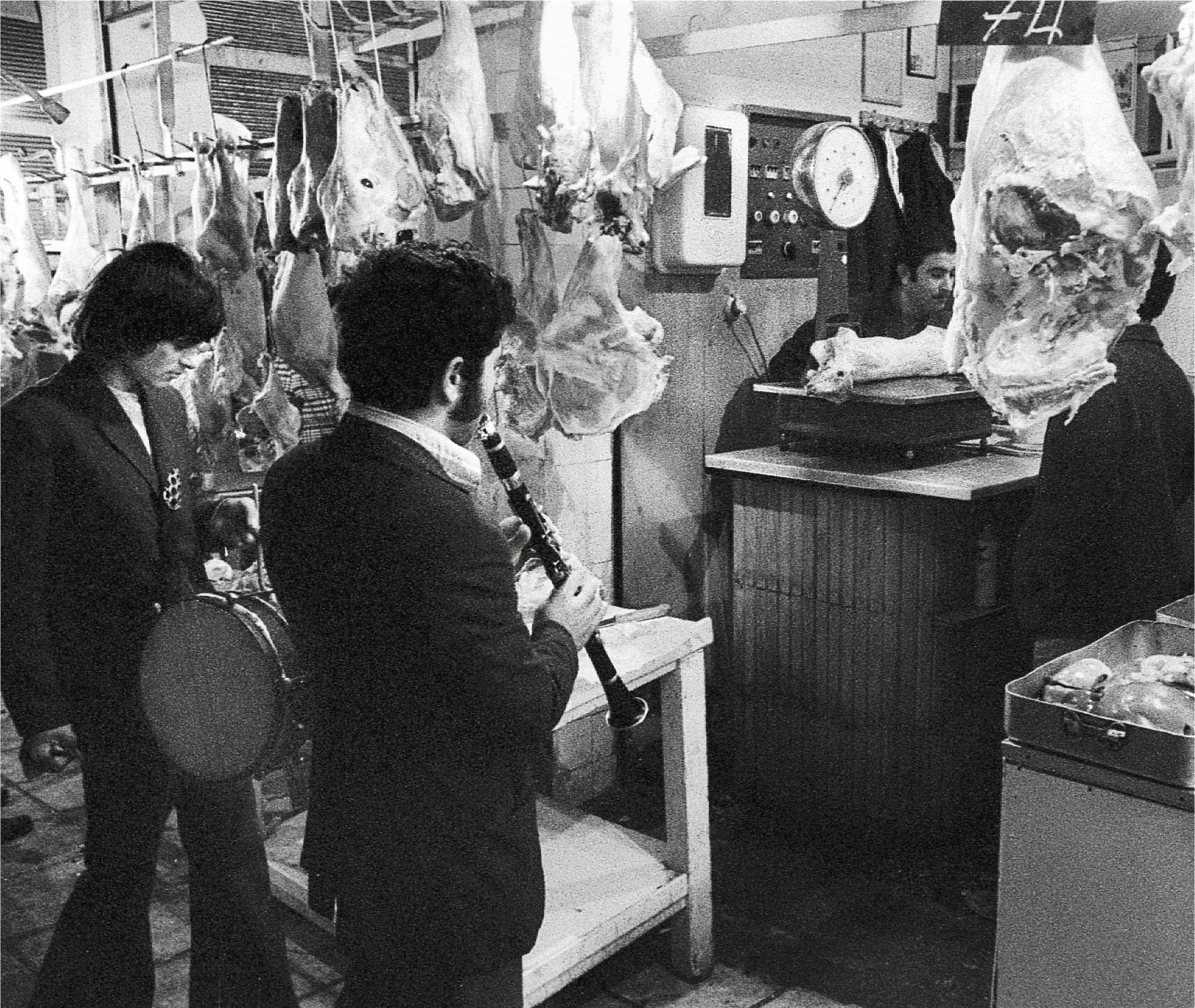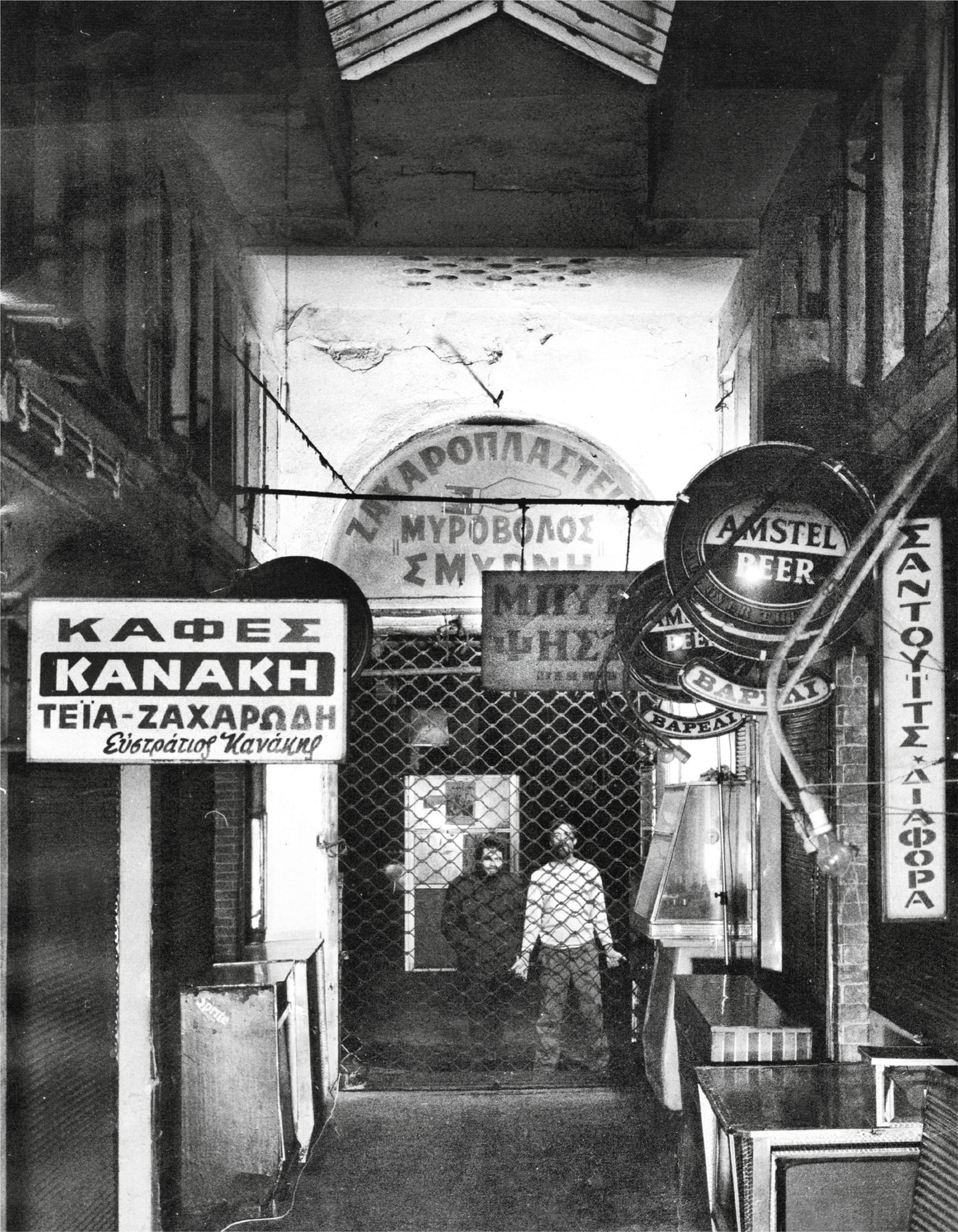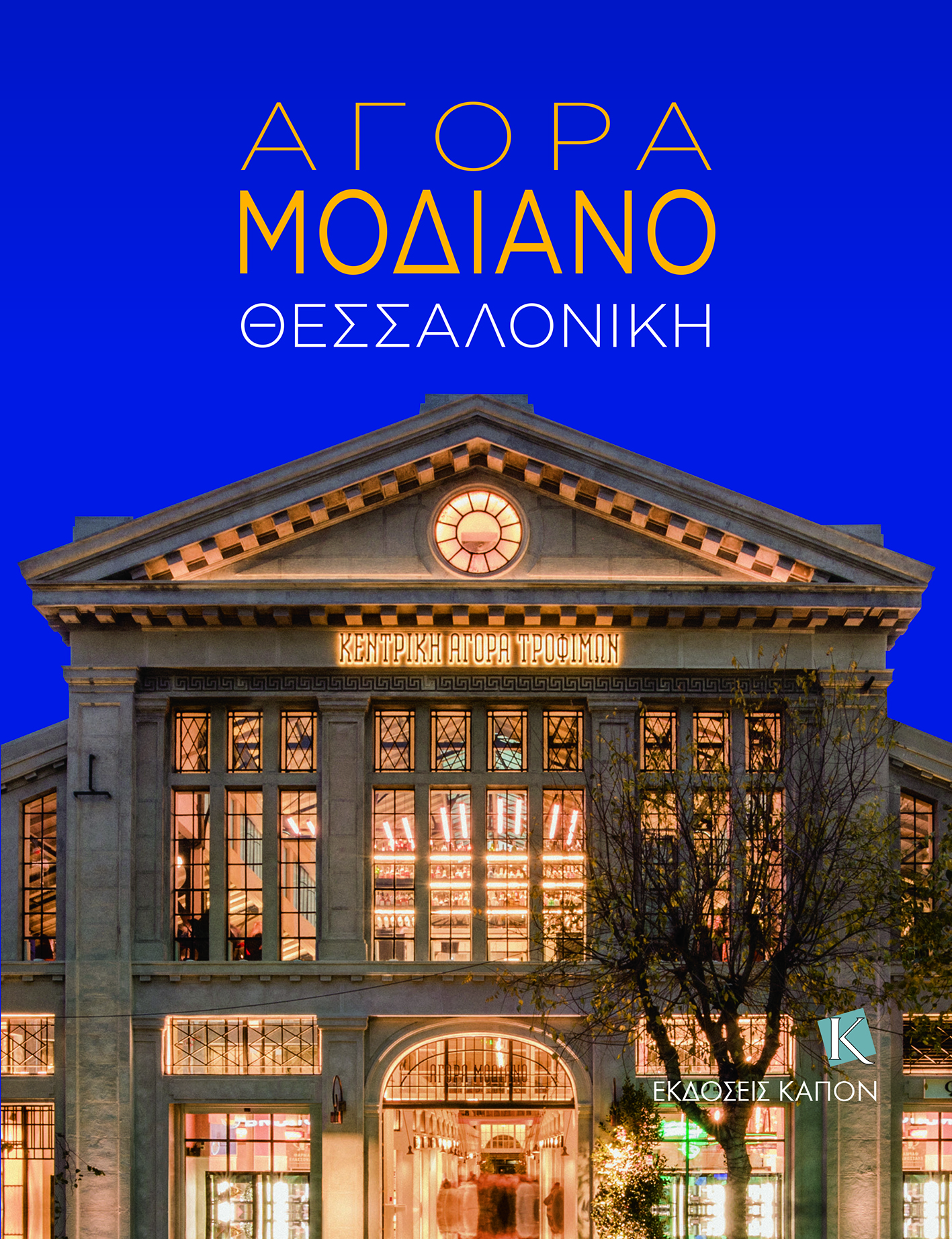
What restoration plan will revitalize the Modiano Market? Bring another mall to the center or keep your identity in the historical center of Thessaloniki? This question was asked by “K” 13 years ago (02/02/2010), when there was no business scenario on the horizon that would end its decline and commercial obsolescence.
A bold decision, more emotional than an investment, was made five years later by Sammy and Lou Feis, co-owners of the Feis Group. Revelatory account of Sammy Feiss in Vol. “Agora Modiano – Thessaloniki” (published by Capon) is valuable evidence. It was in the spring of 2015 when, at the break of a busy day, “my steps took me outside the Agora Modiano. I entered like a magnet. I heard the echo of the students of the Talmud-Torah school of Agdol (where the famous engineer Eli Modiano later built the first covered market in the Balkans), the greengrocers and butchers selling their goods, the people flocking to the shop and to the feast. But on that spring day, I stood in front of a silent, dark, foggy market, the aisles were deserted, the shops closed, the ravages of time conspicuous at every corner. Then I thought that Modiano, with its great architectural heritage and the experiences of the Thessalonians who “watered” its walls, did not deserve this slow and depressing end.”
On that spring day, the countdown began to the revival of the indoor food market and the opening of the listed building. Together with the efforts to record the testimonies of people rallied in its gorges in the last century, shopkeepers and day laborers who left breath and anxiety. Some of these stories are preserved in a collection in which Rachel and Moses Capon rescue precious memories before they disappear because, as editor and author Leon A. Narr writes, “time is always working against us like an inexorable catalyst.”


Brief autobiographies
Texts and photographs summarize the legend of one of the most emblematic and recognized landmarks of the city of Thessaloniki. Politicians, scientists, businessmen, athletes, writers, government officials, artists, shop owners and restoration participants describe the atmosphere of the market, its special ritual, and emphasize its symbolism. Many texts are short autobiographies, deep confessions with events that many writers indelibly carry away from childhood.
Dionysius Savvopoulos describes the market as “a stage where you had the feeling that an exciting show was about to begin.”
What is everyone’s personal mythology about the “multilingual, colorful, vibrant, bustling covered bazaar”? “A place of abundance, variety and quality. At the time, I didn’t equate the concept of edible colonies with the Harrods cellar as a culinary miniature… and we weren’t unfamiliar with the Modiano name. We didn’t need political correctness lessons to count our Jewish classmates” others,” writes Evangelos Venizelos. For songwriter Dionysus Savvopoulos, it looks “like a scene where you had the feeling that an exciting performance was about to begin.” Professor Nikos Marantsidis heard from his mother that he was “closer” financially in relation to neighboring markets, which is why it was “forbidden” in childhood.
Songwriter Argyris Bakirtzis recalls Thomas’ “mandulads” (large hamburgers) in greaseproof paper and the “Mirovolos” sign, which became a song and cover on the Winter Swimmers’ second album (“From the Park to Mirovolos”). “50 cases of Boutaris ouzo, the company’s main product in the 1950s, adorned the stalls of fishmongers and were offered to customers free of charge on Clean Monday,” recalls Giannis Boutaris. “Its quirky east-west gourmet flavor before the masses knew what deli really meant,” recalls Leon Narr.
Photographer Nontas Stylianidis remembers the “Fox” in the butcher’s shop where his grandfather traded. The living bear that danced in the early 70s of the journalist Thassos Telloglu, the entertaining stories of people from the “political stage, spirit and alcohol” of the journalist Stavros Tzimas, the culinary “Thassos” of Thanassis Triaridis, the “strange and singing language”, the Hebrew that Thomas Korovinis heard when, as a child, he got lost in its crowdedness, taking “baptism in the waters of a relic of a still half-dead cosmopolitanism.” Who knows what Kostis Moskov would write and say today.
The presentation of the album “Agora Modiano” will take place today at 19:00. in the market of the same name in Thessaloniki.

Source: Kathimerini
Ashley Bailey is a talented author and journalist known for her writing on trending topics. Currently working at 247 news reel, she brings readers fresh perspectives on current issues. With her well-researched and thought-provoking articles, she captures the zeitgeist and stays ahead of the latest trends. Ashley’s writing is a must-read for anyone interested in staying up-to-date with the latest developments.